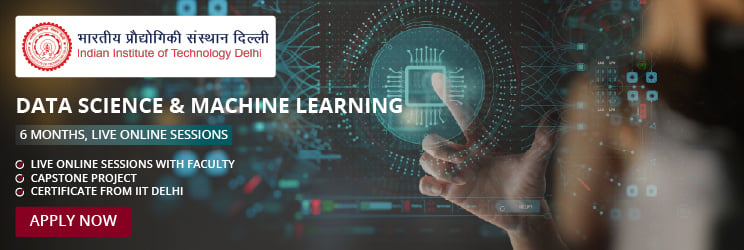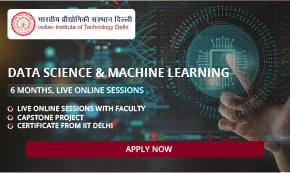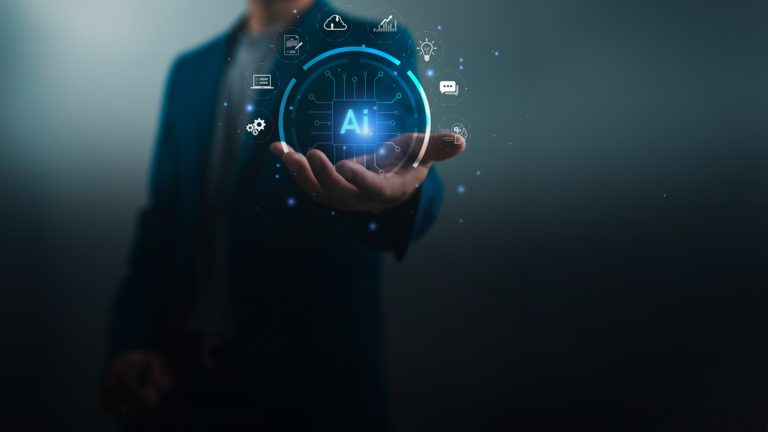Role of Artificial Intelligence in the Industry 4.0
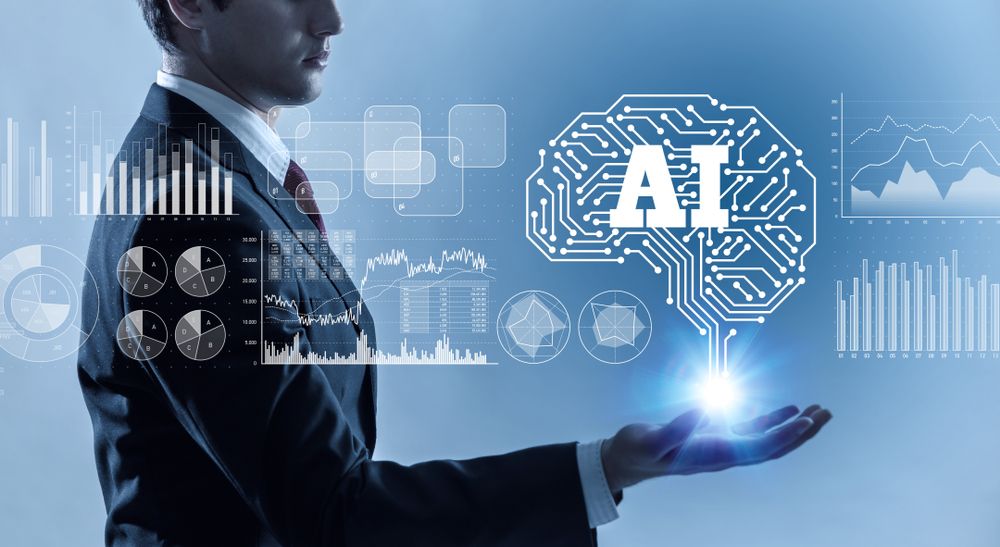
Industry 4.0 refers to the fast-changing technology and processes using the Internet of Things to create interconnected systems and communicate back to the physical world. The German government coined the term in 2011.
The below image shows the components of Industry 4.0
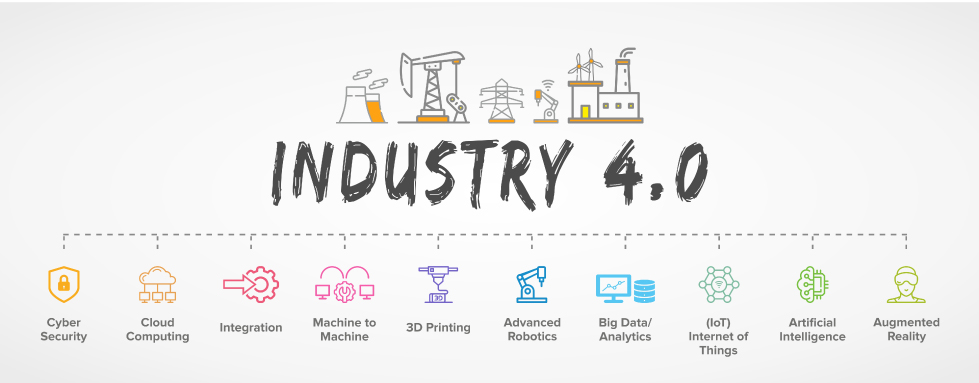
One of the significant pillars is Big Data and Analytics.
Big Data refers to data having one of the below 4Vs:
- Volume: Nowadays, a massive amount of data is generated every second.
- Velocity: i.e., the speed with which the data is generated.
- Variety: which constitutes types of data viz. Structured data, semi-structured data, and unstructured data.
- Veracity: This shows the trustworthiness of the data.
Using Natural Language Processing, we can process the unstructured and semi-structured data, and using advanced machine learning algorithms, we can process a massive amount of data in real-time.
Another area that is gaining importance is Digital Twin.
A digital twin is a virtual representation of a machine, process, system, or person that spans its lifecycle and is updated from real-time data fed from the physical entity.
The diagram below shows the process of information exchange between physical and digital entities.

Some of the applications of Digital Twin where we leverage Analytics are given below
- Predictive Maintenance of Machines: We can keep the Digital twin updated by creating a Digital Twin of machines and feeding physical machines’ information to their virtual counterparts using the Internet of Things (IoT). Using Predictive Analytics and Artificial Intelligence, we can predict when a machine will fail and thus reduce the maintenance cost.
- Personalized Healthcare: By creating a digital twin of a person, the right treatment can be provided to the person at the right time at the right place. Using machine learning models, we can predict which medicine, treatment, etc., would work best for the patient without actually giving that medicine or treatment to the patient.
- Smart Cities: Digital Twin of a City help officials make the best urban planning decisions and share information with citizens visually. The government of Singapore started a project called Virtual Singapore where they created a replica of Singapore, and some of the applications are finding the impact of earthquakes on the city, planning of infrastructure can be made without spending any dollars, and testing autonomous cars can be done without putting on-road and harm people. Thus, artificial intelligence can help in solving complex problems.
Autonomous Robots
We have seen many areas where robots are being used, and they are reducing manual efforts, which is done by using analytics at the backend.
DHL is using transforming its supply chain by deploying autonomous robots.
Many companies (Google, Tesla, etc.) are testing autonomous cars which use Artificial Intelligence. During this pandemic, the need for autonomous cars has been further enhanced.
~ Kapil Mahajan, Data Science Leader
As companies move towards greater adoption of machine learning and AI skills, the demand for data scientists is on the rise. Statistics predict that the big data analytics market is set to reach $103 billion by 2023. Take the first step in your upskilling journey with data science programmes from Emeritus in collaboration with renowned universities. Connect with us to find out more.

